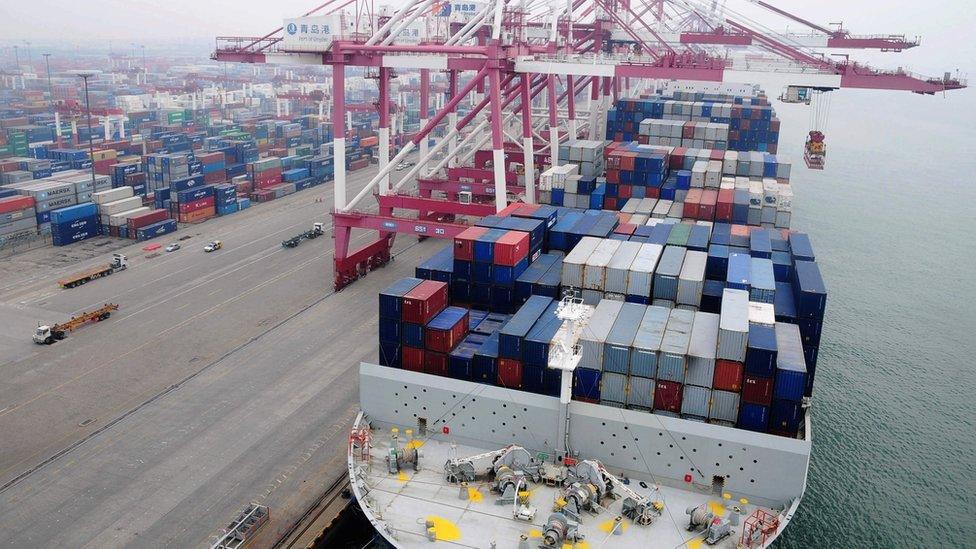Chinese inflation eases by more than expected
- Published
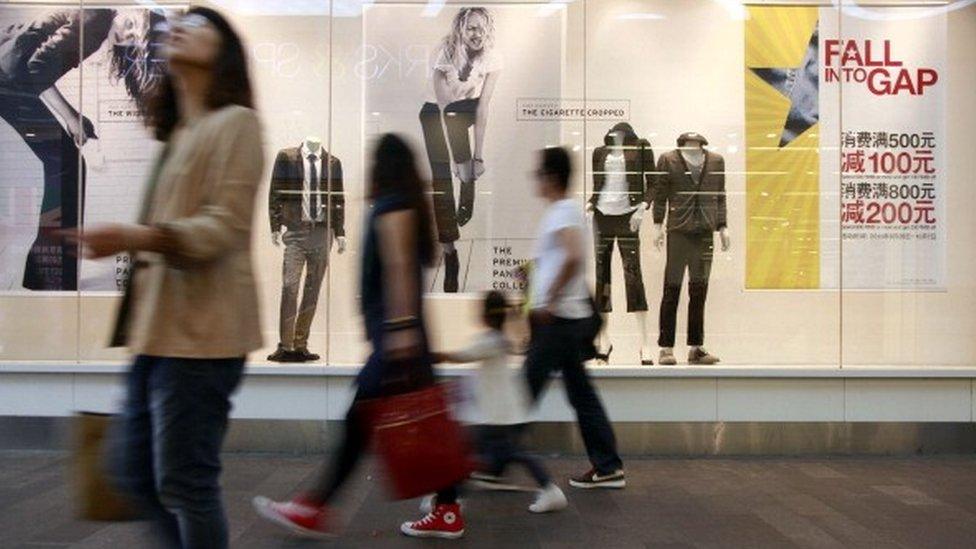
Consumer price inflation in China eased by more than expected in September, official figures have revealed.
China's consumer price index (CPI) rose 1.6% in September compared with a year earlier, China's National Bureau of Statistics (NBS), external said.
That was lower than analysts' forecasts of 1.8%, and down from the rate of 2% recorded in August.
Producer prices fell for a 43rd straight month as manufacturers cut prices to win business.
The latest inflation figures added to fears of a rapid slowdown in the world's second largest economy.
Asian markets were all lower in response to the inflation figures, which came a day after data that showed imports fell for an 11th straight month in September.
More rate cuts?
China's producer price index (PPI) fell 5.9% in September from a year earlier, matching the rate of decline in August, which marked the biggest fall since the financial crisis.
Non-food consumer inflation was even lower with an annual growth rate of just 1% in September, the NBS data showed.
The easing CPI was mainly due to a high comparison base last year, Yu Qiumei, a senior NBS statistician, said.
CPI rose 0.5% month-on-month in September 2014, compared to a 0.1% growth last month.
Reflecting growing strains on Chinese companies from persistently weak demand and overcapacity, manufacturers continued to cut selling prices to win business.
Economists at Nomura said the lacklustre growth outlook led them to expect moderate fiscal stimulus from the central government and continued monetary easing.
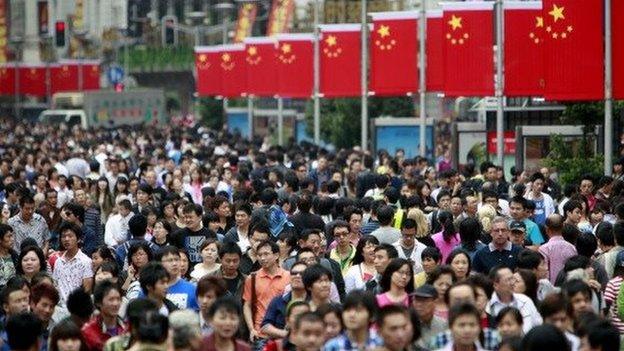
Nomura said it expected another cut to the Chinese central banks' reserve requirement ratio (RRR) late this year and another four in 2016, each by 50 basis points, together with two more interest rate cuts of 25 basis points each next year.
China has already launched a wave of economic stimulus measures since late 2014, including cutting benchmark interest rates five times since November, But some analysts believe the moves have been less effective than when the economy was more tightly controlled, exports were strong and debt levels were much lower.
Growth data
Weak producer prices are also threatening to erode the profits of Chinese firms and add to their debts, something analysts expect to continue for the remainder of the year.
The inflation figures come as trade data on Tuesday showed imports tumbled for the 11th month in a row in September, as result of weaker global commodity prices and lower demand,. Exports also fell for a third month, although by less than expected.
Other surveys showed activity in China's factory sector shrank in September on fewer new orders, sparking fears the Chinese economy may be slowing down more rapidly than expected.
China will release gross domestic product (GDP) data for the third quarter on Monday. Many economists expect the three months to September to show economic growth fell below the government's target of 7% for the first time since the financial crisis.
- Published9 October 2015
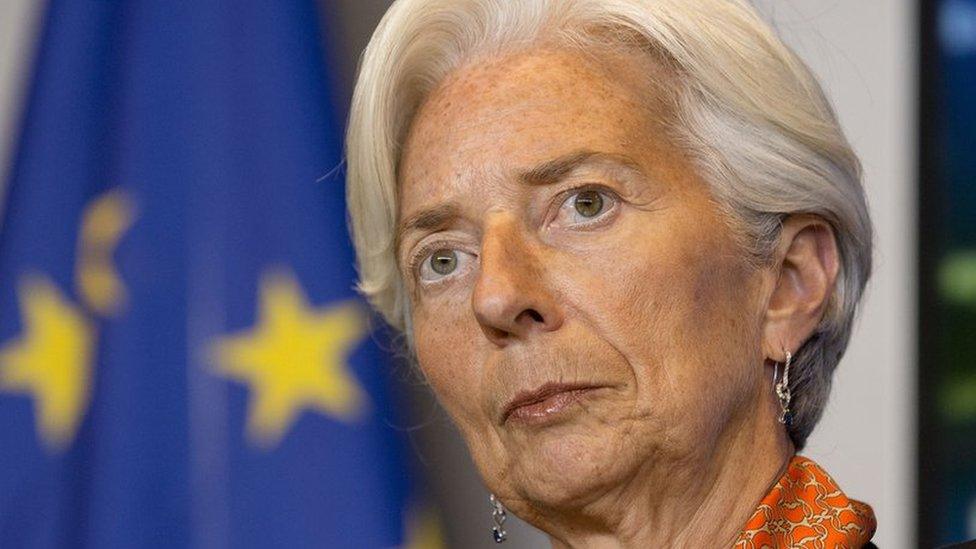
- Published6 October 2015
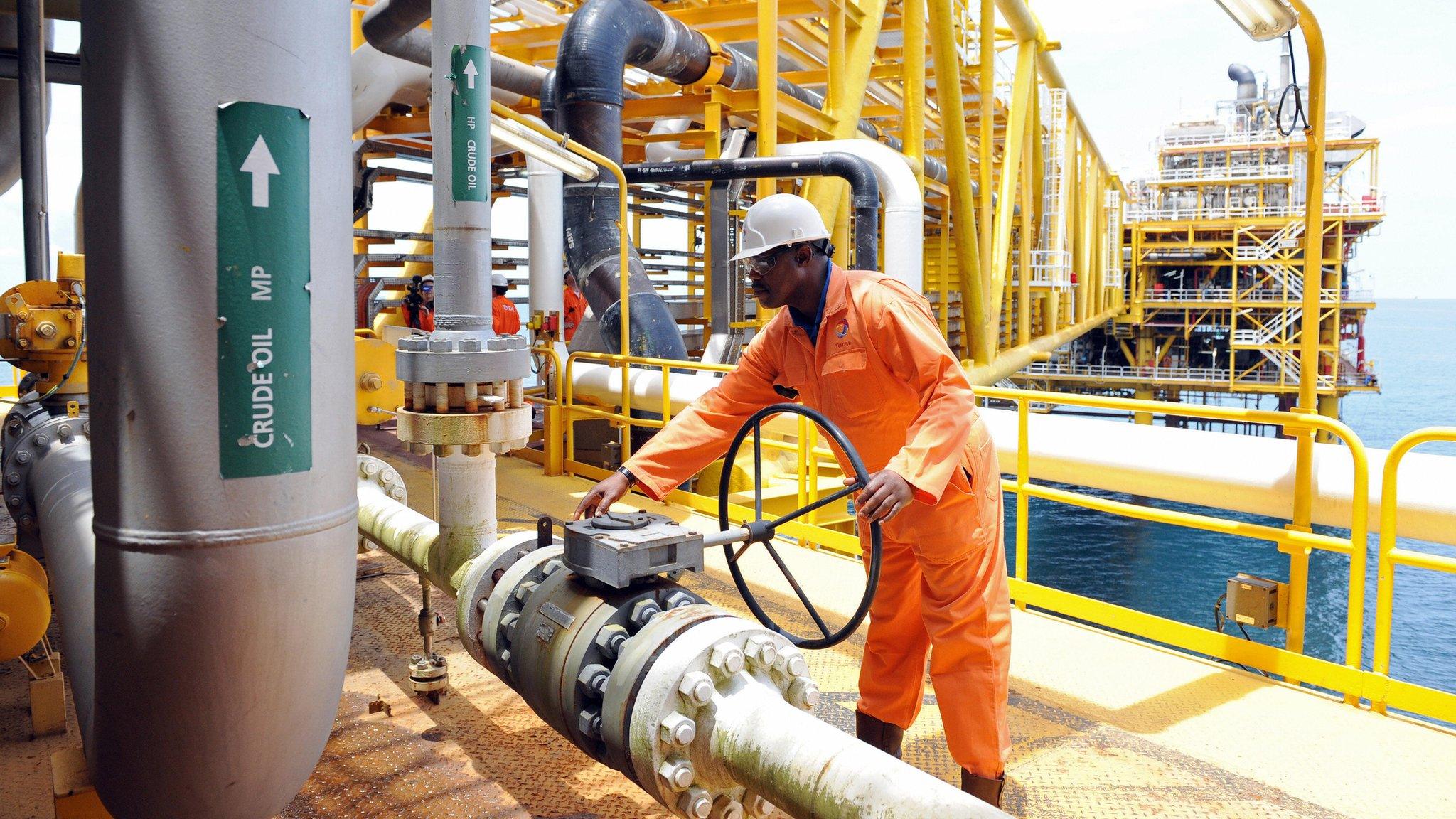
- Published9 October 2015
